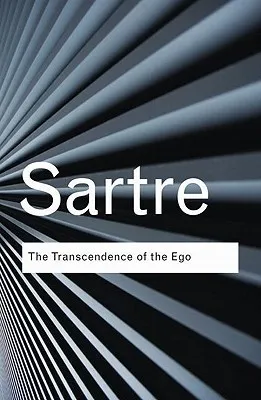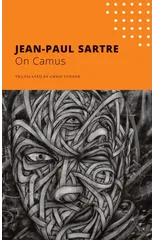The Transcendence of the Ego
A Sketch for a Phenomenological Description
(Author) Jean-Paul Sartre‘I should like to show here that the Ego is neither formally or materially in consciousness: it is outside, in the world.’ Jean-Paul Sartre The Transcendence of the Egois one of Jean-Paul Sartre's earliest philosophical publications and essential for understanding the trajectory of his work as a whole. When it first appeared in France in 1937 Sartre was still largely unknown, working as a school teacher in a provincial French town. Attacking prevailing philosophical theories head on, Sartre offers a brilliant and radical account of the self as a product of consciousness, situated in the world. He introduces many of the themes central to his major work, Being and Nothingness: the nature of consciousness, the problem of self-knowledge, other minds, and anguish. This translation includes a thorough and illuminating introduction by Sarah Richmond, placing Sartre's essay in its philosophical and historical context. Jean-Paul Sartre(1905-1980). The foremost French thinker and writer of the early post-war years. His books, which include Being and Nothingness, Nausea, The Age of Reason and No Exithave exerted enormous influence in philosophy, literature, politics and drama.
Jean-Paul Sartre
Jean-Paul Sartre (1905-1980) was a French philosopher, novelist, and playwright known for his existentialist philosophy. His most notable works include "Being and Nothingness" and "No Exit". Sartre's literary style is characterized by complex language, deep exploration of human consciousness, and questions of freedom and responsibility. He is credited with popularizing existentialism and has had a significant impact on the literary genre. His most famous work, "Being and Nothingness", explores the concept of existence and the individual's struggle to define themselves in an indifferent world. Sartre's contributions to literature have made him a towering figure in 20th-century philosophy and literature.






